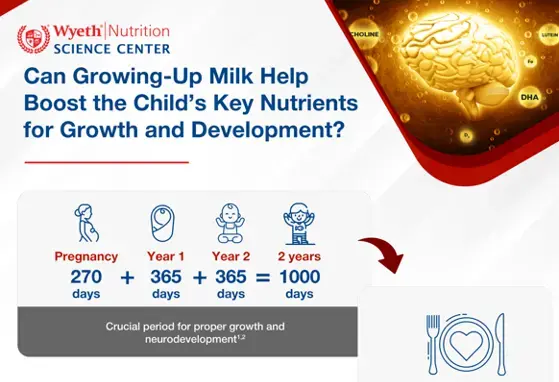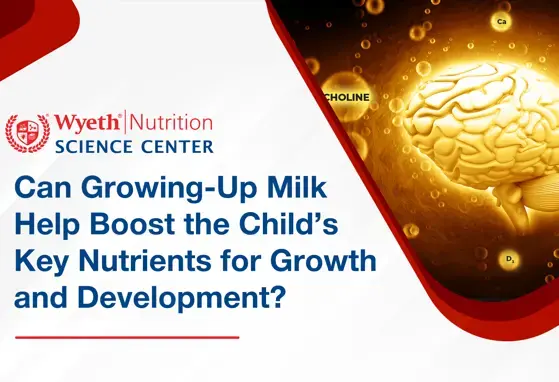AAP Recommendations on Fruit Juice Consumption in Infants and Children

Pediatricians need to be knowlegeable about juice to inform parents and patients on its appropriate uses.
Facts about fruit juice:
- Juice lacks some nutrients (e.g. magnesium, protein) that are present in human milk, infant formula, or cow’s milk.
- Fruit juice offers no nutritional benefits over whole fruit, especially for infants < 1 year old.
- 100% fresh / reconstituted fruit juice can be part of the healthy balanced diet for children > 1 year old.
- Juice is not appropriate for treating dehydration or managing diarrhea.
- Excessive juice consumption may be associated with malnutrition, gastrointestinal (GI) discomfort and tooth decay.
Key recommendations for parents and caregivers:
- Should not introduce juice to infants < 12 months old unless clinically indicated.
- Limit juice intake to at most:
| Toddlers (1-3 years) | Children (4-6 years) | Children (7-18 years) |
| 4 ounces/day | 4-6 ounces/day | 8 ounces/day (or 1 cup of the recommended 2 to 2.5 cups of fruit servings per day) |
- Should not give juice to toddlers from bottles or at bedtime.
- Encourage children to eat whole fruit and educate the benefit of fiber intake.
- Families should be educated that in order to satisfy fluid requirement, human milk and/or infant formula is sufficient for infants, and low-fat or non-fat milk and water are sufficient for older children.
- Discourage consumption of unpasteurized juice (which may contain pathogens that can cause serious illness) in infants, children, and adolescents.
- Avoid grapefruit juice for child taking medication that is metabolized by certain enzyme (e.g. CYP3A4), which may produce undesirable nutrient-drug interactions – seek advice from healthcare professionals when necessary.
Key recommendations for pediatricians:
- Determine the amount of juice consumed when evaluating children with malnutrition or GI discomfort (e.g. chronic diarrhea, excessive flatulence, abdominal pain, and bloating).
- Routinely discuss the relationship between fruit juice and dental decay, as well as the differences between fruit juice and fruit drinks with patients.
- Advocate the reduction of fruit juice in young children’s diet and elimination of fruit juice in children with poor or excessive weight gain.
- Support the policies that seek to reduce fruit juice consumption and promote whole fruit consumption by toddlers and young children.
Reference
Heyman MB, et al. Fruit juice in infants, children, and adolescents: Current recommendations. Pediatrics. 2017;139(6):e20170967. Link to full publication: http://pediatrics.aappublications.org/content/early/2017/05/18/peds.2017-0967
If you liked this post you may also like

Infographic - Can Growing-Up Milk Help Boost the Child's Key Nutrients for Growth and development?

The Learning Lead - Volume 2, 2024: "Can Growing-Up Milk Help Boost The Child’s Key Nutrients for Growth and Development?"

Maternal Dietary Intake and Human Milk Composition
